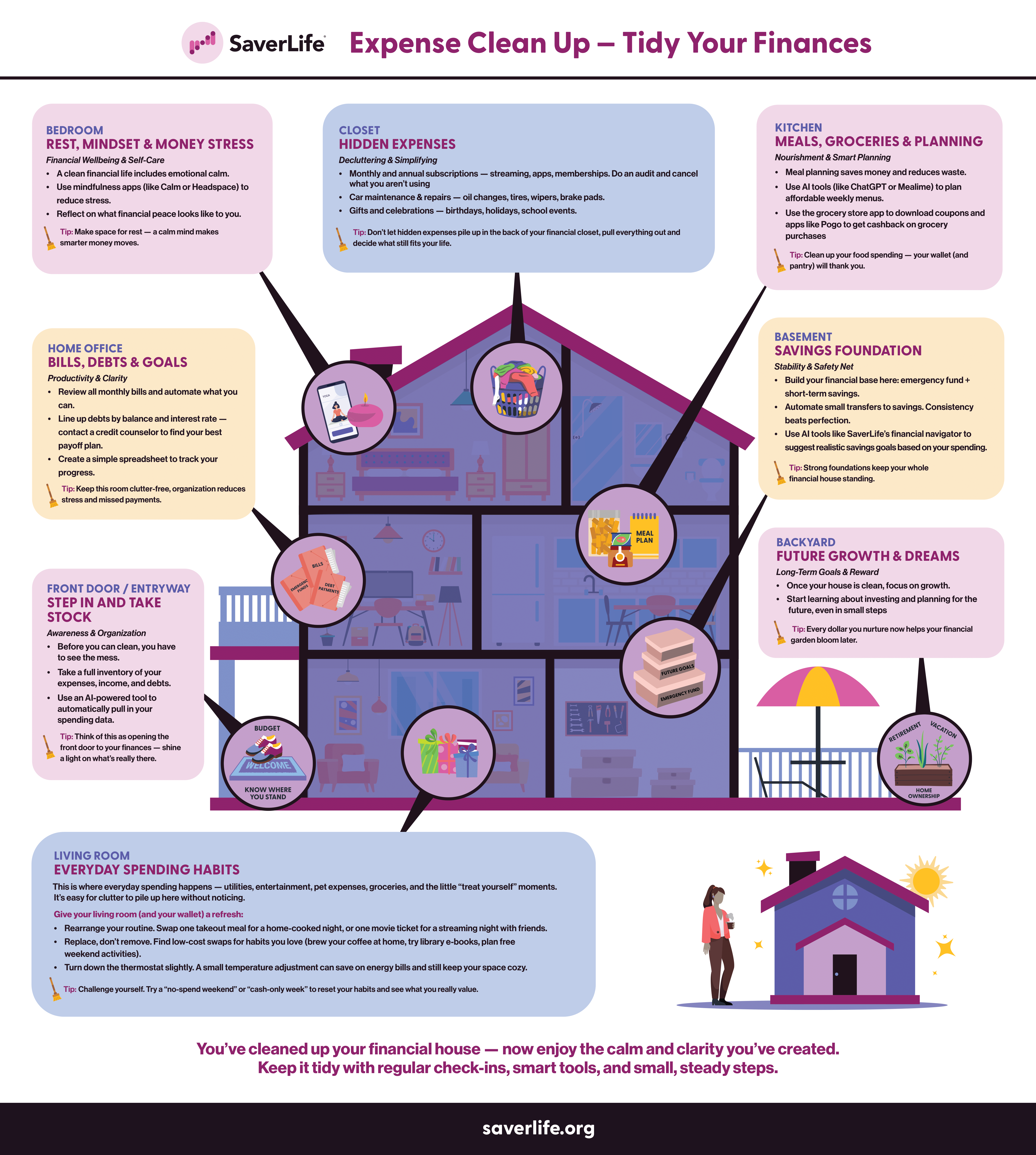
Stop! Don’t know where to start when it comes to claiming the Child Tax Credit? Take our short quiz to find out.
The American Rescue Plan Act of 2021 really helped many taxpayers with 2020 Federal income taxes. But there are also tax changes for the tax year 2021 that will impact many taxpayers. One of these changes is an expansion of the Child Tax Credit for those eligible for the credit in 2021. Here is the summary of the changes:
How the Child Tax Credit Is Changing
- The credit is fully refundable. This means that taxpayers who didn’t receive the full child tax credit in previous years due to their low or no tax liability may receive the full tax credit and higher tax refunds. Even those who earned $0 income in 2021 may be eligible.
- The credit will include children who turn 17 in 2021. In previous years, children who turned 17 during the tax year did not qualify the taxpayer for the child tax credit. This is the only change to who is a qualifying child for this tax credit.
- The credit amount will increase for many taxpayers. The increased amount starts to phase out (be reduced) for incomes over $150,000 for married taxpayers filing a joint return and qualifying widows or widowers, $112,500 for heads of household, and $75,000 for all other taxpayers. The child tax credit is $3000 for ages 6 to 17 (up from $2000) and is $3600 (up from $2000) for under 6.
- Payments will start in July and go through December and will be based on the 2020 tax return filing (2019 if you haven’t filed 2020 in time for the IRS to start the payments).
It’s not too late to sign up. Many families with children are eligible for this crucial tax relief – including those who have not made enough money to be required to file taxes. The IRS has a way for non-filers to receive the Child Tax Credit.
Another change that in particular may requires some tax planning for taxpayers is the monthly payment from July-December. If you don’t want to get the advance child tax credit payments or if you want to update the information that the IRS is basing the payments on, the IRS will be providing a method to opt-out or to make those changes.
An Example of How the Advance Child Tax Credit Works
Let’s say you have two qualifying children ages 7 and 8, and you qualify to get the full Child Tax Credit and the expanded amount. Your total Child Tax Credit would be $6,000. You will receive $3,000 over 6 months, so $500 a month from July through December. This can be very helpful for many people.
However, it may cause a problem. You’ll only get $3,000 of the Child Tax Credit when you file your tax return ($6,000 – $3,000= $3,000). In previous years, you may have received $4,000. If you are used to receiving a $4,000 Child Tax Credit with your tax return but receive a $3,000 tax credit, it may cause you a problem. If you typically get say an $8,000 refund but instead get $7000, maybe that isn’t so bad. But if you typically get a $500 refund and now owe $500, that may be a problem.
What to Watch Out for with the Advance Child Tax Credit
And there can be other complications. Let’s say you claimed a child with the Child Tax Credit for the tax year 2020, but are not claiming the child for the tax year 2021. If you do nothing, you’ll receive an advance tax credit that you won’t claim on your tax return. You could end up getting a significantly reduced refund or even owing a substantial amount of money. If you get an advance on the Child Tax Credit for a child you don’t claim on your 2021 tax return, the IRS will expect you to pay it back via your tax return.
Parents alternating which parent claims a child each year may be the most common circumstance in which a taxpayer may receive the advance child tax credit payments when they won’t be claiming the child. If you claimed a child for the tax year 2020 but the other parent will claim them for the tax year 2021, it would probably be wise to opt-out of the advance child tax credit payments when the IRS provides the method to opt-out.


